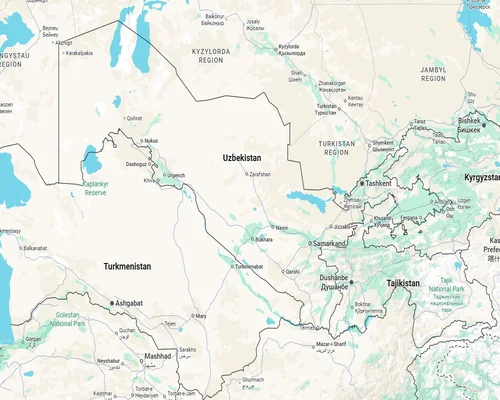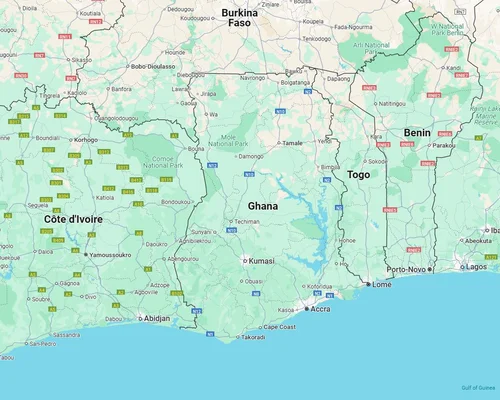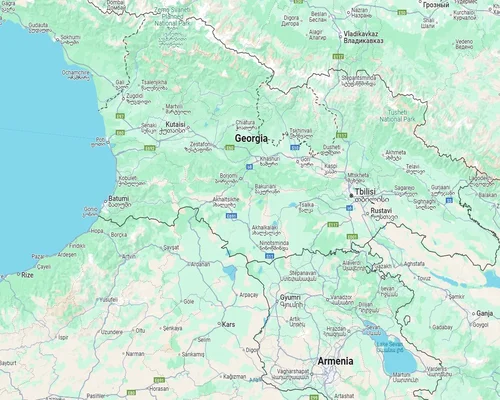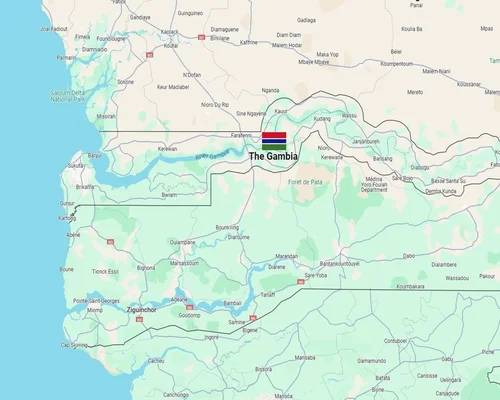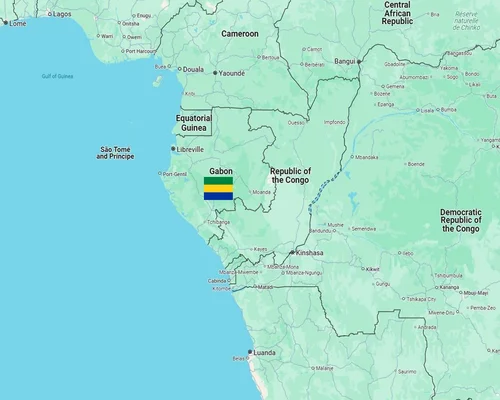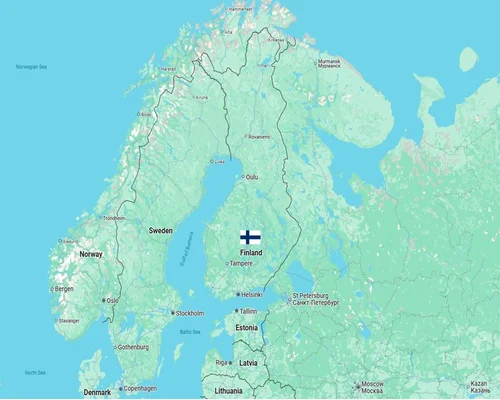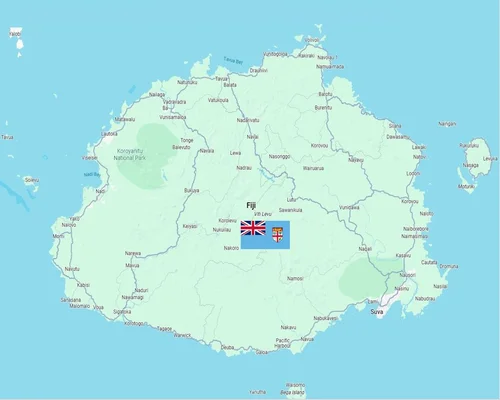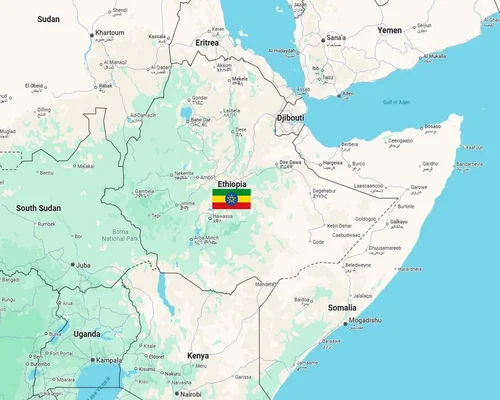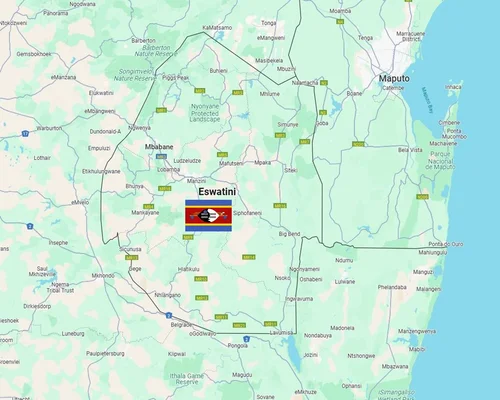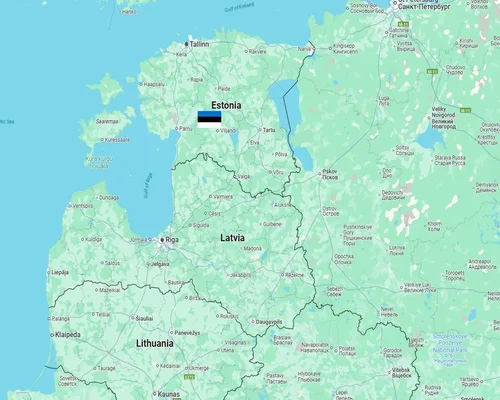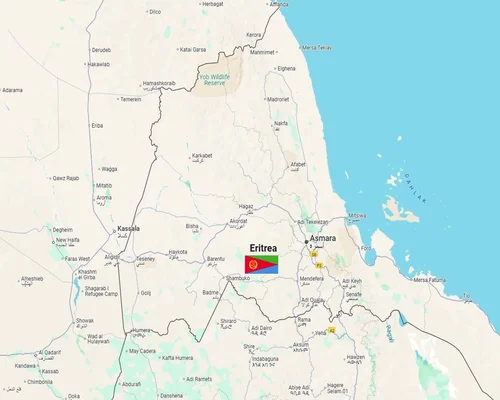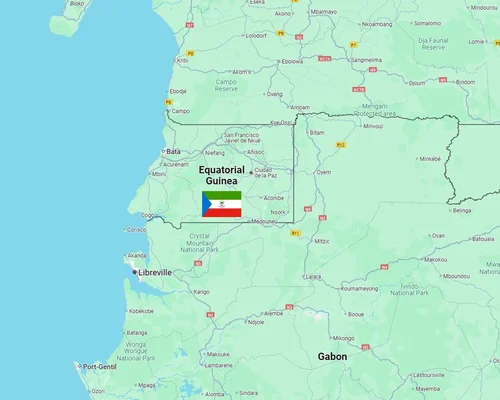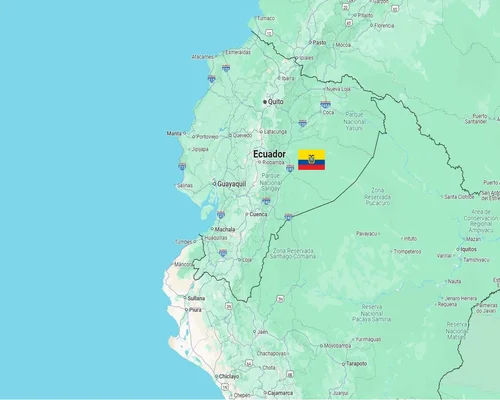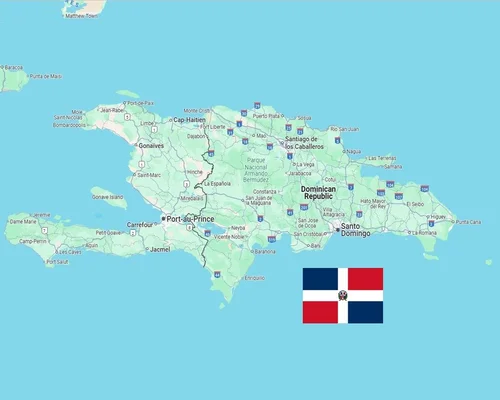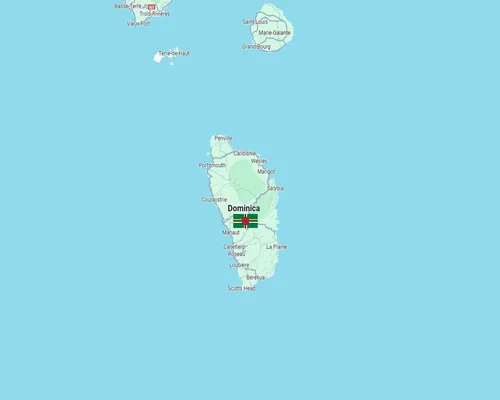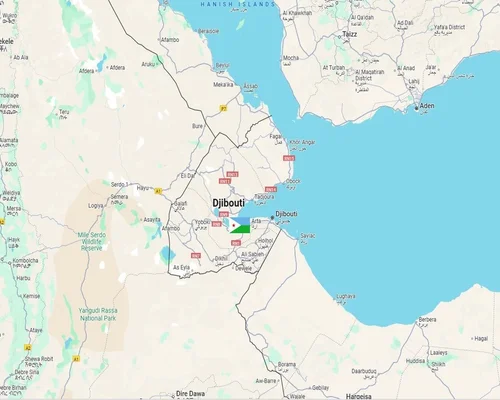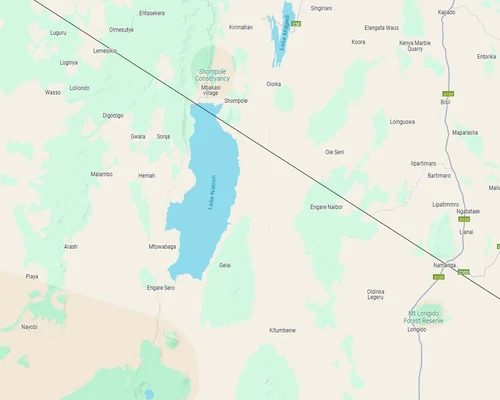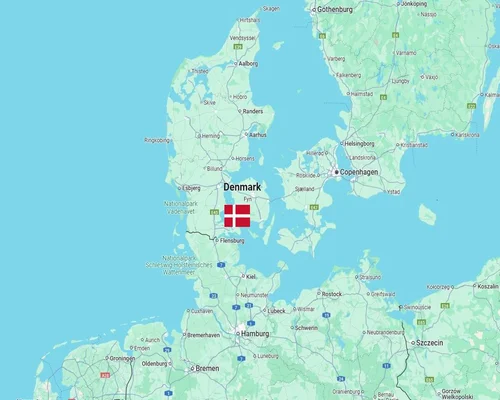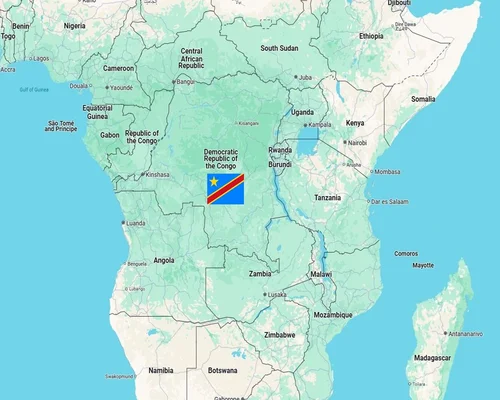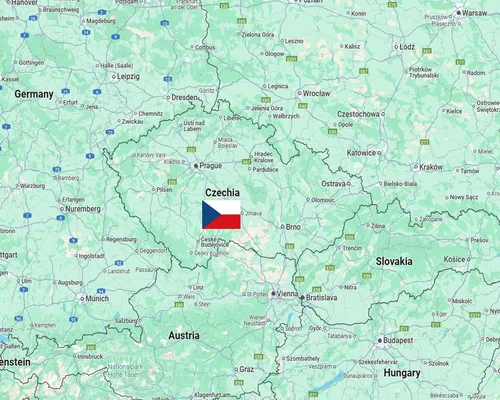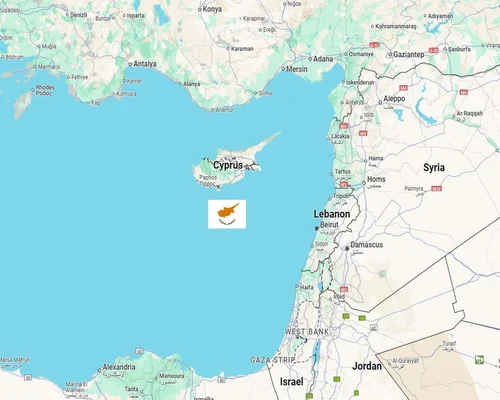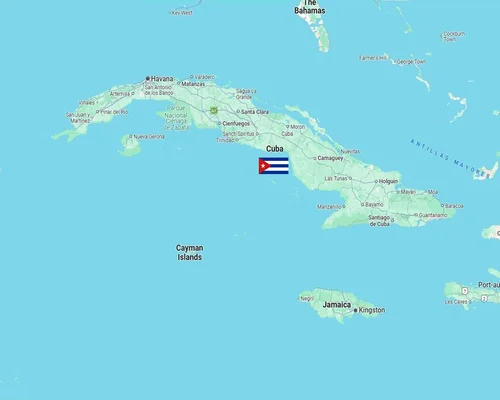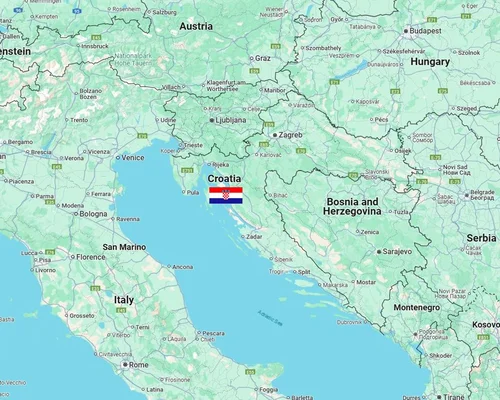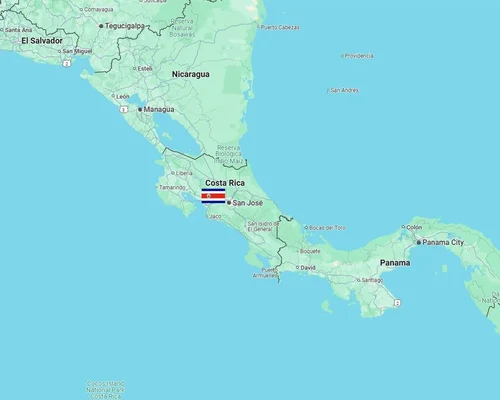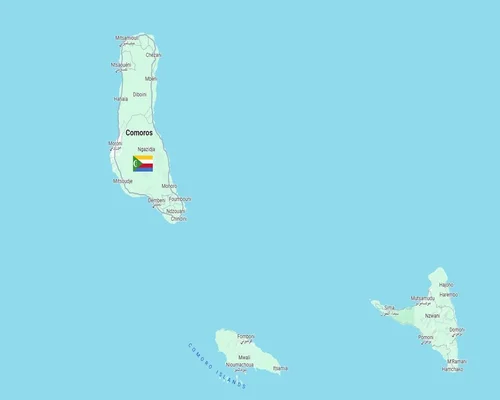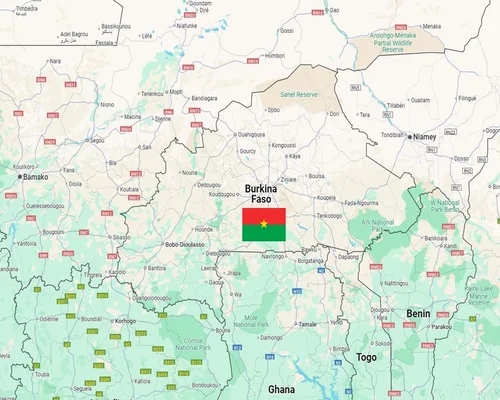
Facts about Burkina Faso
Facts about Burkina Faso
Burkina Faso is a landlocked country in West Africa, known for its cultural diversity, traditional lifestyle, and challenging economic situation.
Burkina Faso general information:
Capital and largest city:
Ouagadougou.
Location:
Burkina Faso is located in the central region of West Africa.
Its neighboring countries are: Mali, Niger, Benin, Togo, Ghana, and Ivory Coast.
Area:
274,200 square kilometers.
Population:
About 22 million (2024 estimate).
Government:
Burkina Faso is a republic.
The political situation is sometimes unstable.
Language and religion:
Language:
French: official language.
More than 60 indigenous languages are spoken, of which Mooré is the most common.
Religion:
Islam is the majority (about 60%).
Christianity (about 25%) and local indigenous religions are also prevalent.
Economy:
Main sectors:
Agriculture: cotton, maize, and peanuts are grown.
Gold mining: This is the country main export.
Currency:
West African CFA franc (XOF).
Challenges:
Poverty, drought, and lack of infrastructure development pose challenges to the economy.
Natural features:
Terrain:
Most of the region is arid and savannah.
There are parts of the Sahel region in the north.
Rivers:
The country main rivers are the Black Volta, White Volta, and Red Volta.
Climate:
Hot and dry.
There are two main seasons: the dry season and the rainy season.
Culture and Heritage:
Cultural Diversity:
Burkina Faso is home to about 60 ethnic groups, making it culturally very rich.
Traditional Music:
The country is famous for its West African drums and instrumental music.
Food:
The staple foods are maize, sorghum, and rice.
Toh is a popular dish among the local dishes.
Festivals:
FESPACO: This is the largest film festival in Africa, held every two years.
Sentai National Culture Week (SNC): A major event celebrating cultural heritage.
Tourist Attractions:
Banfora Falls:
A popular natural beauty spot.
Tengrela Lake:
Tourists come here to see hippos.
Sindou Peaks:
A region with stunning rock formations.
Ouagadougou National Museum:
Collection of the country historical and cultural heritage.
Health and education:
Healthcare:
Healthcare infrastructure is limited in many parts of the country.
Education:
The literacy rate is relatively low.
The government is trying to improve the education sector.
Special information:
Name change:
In 1984, the country name was changed from Upper Volta to Burkina Faso.
It means "Land of the Honest People" (in the Moorish language, "Burkina" means honest people, and in the Dioula language, "Faso" means fatherland).
Political challenges:
The country has problems with internal instability and terrorism.
Conclusion:
Burkina Faso is notable for its rich cultural heritage and natural beauty, but it faces economic and political challenges. Despite this, the country continues to attract international attention through its cultural heritage, festivals, and hospitality.

